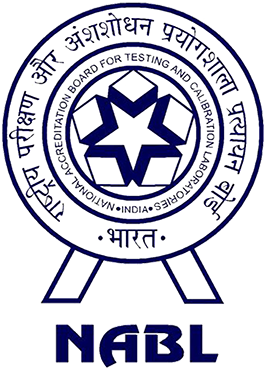Total Protein- Protein
A protein measurement typically assesses the total amount of protein in the blood or a specific type of protein within the blood. This can provide insights into overall health and various bodily functions.
1. **Total Protein**: This measures the combined levels of all proteins in the blood, including albumin and globulins. It helps evaluate liver and kidney function, nutritional status, and the presence of conditions such as liver disease, kidney disease, and malnutrition.
2. **Specific Proteins**: Tests can measure specific proteins like albumin, which maintains blood volume and pressure, or specific antibodies or enzymes to diagnose particular conditions.
3. **Protein Electrophoresis**: This technique separates proteins based on their size and charge to detect abnormalities in protein levels or types, which can help diagnose conditions like multiple myeloma or other immune disorders.
Proteins are essential biomolecules composed of long chains of amino acids linked by peptide bonds. They perform a vast array of functions in the body, including catalyzing biochemical reactions (enzymes), providing structural support (collagen and keratin), transporting molecules (hemoglobin), and regulating bodily processes (hormones and antibodies). Proteins are critical for growth, repair, and maintenance of tissues. They are involved in almost every cellular function and play a role in immune response, muscle contraction, and cellular signaling. Proteins are synthesized based on genetic instructions and can be found in all living organisms. In clinical settings, measuring protein levels in the blood can provide insights into nutritional status, liver and kidney function, and the presence of various diseases or conditions. Abnormal protein levels or types can indicate a range of health issues, including metabolic disorders, infections, or malignancies.
प्रोटीन आवश्यक बायोमोलेक्यूल्स हैं जो लंबे अणु श्रृंखलाओं से बने होते हैं, जिनमें एमिनो एसिड पेप्टाइड बंधनों द्वारा जुड़े होते हैं। ये शरीर में कई कार्यों को निभाते हैं, जैसे बायोकेमिकल प्रतिक्रियाओं को उत्प्रेरित करना (एंजाइम्स), संरचनात्मक समर्थन प्रदान करना (कोलेजन और केराटिन), अणुओं का परिवहन करना (हेमोग्लोबिन), और शारीरिक प्रक्रियाओं को नियंत्रित करना (हार्मोन और एंटीबॉडी)। प्रोटीन वृद्धि, मरम्मत, और ऊतकों की देखभाल के लिए महत्वपूर्ण हैं। ये लगभग हर कोशिकीय कार्य में शामिल होते हैं और प्रतिरक्षा प्रतिक्रिया, मांसपेशियों के संकुचन, और कोशिकीय सिग्नलिंग में भूमिका निभाते हैं। प्रोटीन का संश्लेषण आनुवांशिक निर्देशों के आधार पर होता है और ये सभी जीवित प्राणियों में पाए जाते हैं। क्लीनिकल सेटिंग्स में, रक्त में प्रोटीन स्तर को मापने से पोषण की स्थिति, जिगर और गुर्दे की कार्यक्षमता, और विभिन्न बीमारियों या स्थितियों की उपस्थिति के बारे में जानकारी मिल सकती है। असामान्य प्रोटीन स्तर या प्रकार स्वास्थ्य समस्याओं की एक श्रृंखला का संकेत दे सकते हैं, जिसमें मेटाबोलिक विकार, संक्रमण, या कैंसर शामिल हैं।
We provide blood tests in Noida, Gurgaon,
Faridabad,
Delhi,
Indirapuram, Ghaziabad, , Greater Noida, and Greater Noida Extension(west).
















